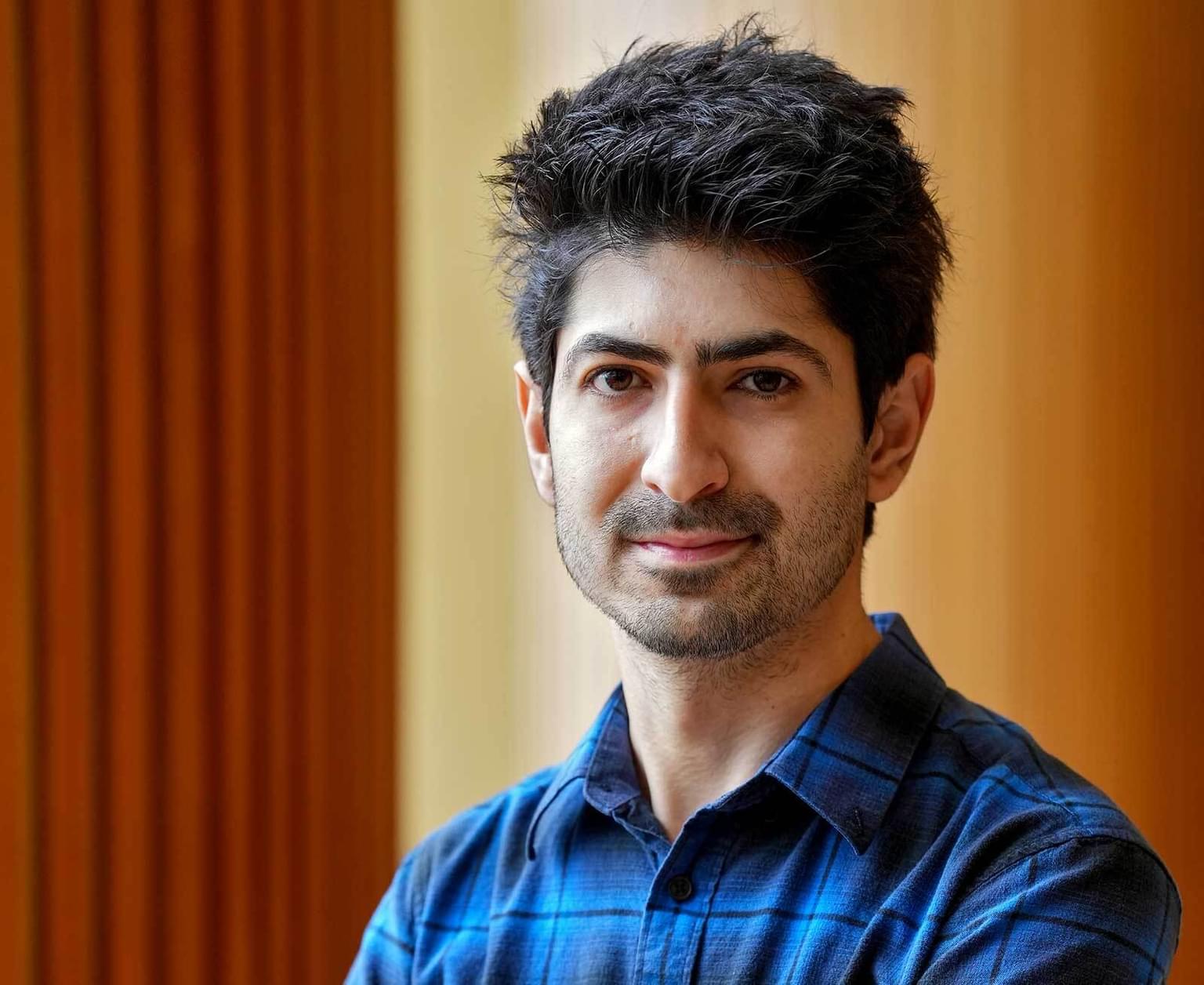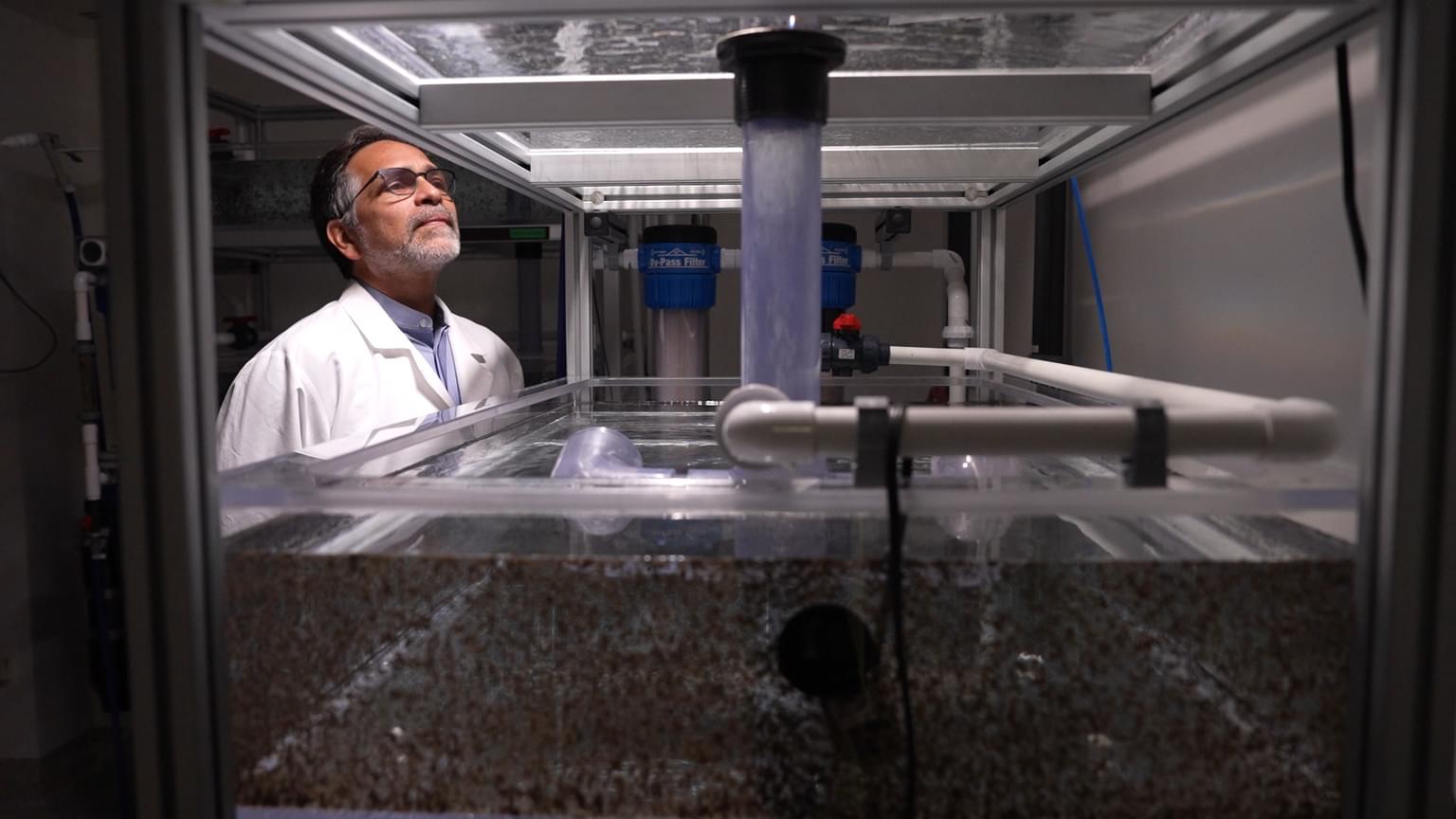KANSAS CITY, MO—This October, the Stowers Institute for Medical Research will host a session of the EMBO Laboratory Leadership for Group Leaders Course at its campus in Kansas City, Missouri. Through an agreement with the European Molecular Biology Organization’s non-profit training provider, EMBO Solutions GmbH, the Stowers Institute will serve as a training site for qualified scientists from any eligible institution.
The four-day course, which will run from October 15 to 18, 2019, is designed to introduce scientific group leaders to key leadership concepts, help them further develop their own leadership styles, fine-tune communication and other leadership skills, learn how to effectively manage their staff, and expand their support network of fellow science leaders.
Before expanding to the Stowers Institute earlier this year, the EMBO Lab Leadership for Group Leaders Course had been primarily offered in Heidelberg, Germany for the past 15 years. While scientists from around the world were eligible to attend, extended travel and stays overseas were often barriers that prevented them from doing so. Establishing a North American location, especially one in the geographic center of the United States, makes the training more accessible to more people.
This opportunity meets a critical need in science as leadership training is in high demand. According to a 2018 Nature survey of 3,200 scientists, over 60% of principal investigators think better training in mentoring and management would help them produce higher-quality research. And while almost 75% of the principal investigators surveyed recognize the value of leadership training, only a third had access to such opportunities.
“The Stowers Institute is committed to making a lasting impact. We achieve that through doing impactful science and as well as nurturing tomorrow’s leaders,” says George Satterlee, Executive Vice President of Administration at Stowers. “We recognize that exceptional leadership is a key to success so we aspire to reach beyond our walls and create opportunities for all scientists to develop in that area.”
Prachee Avasthi, PhD, assistant professor of anatomy and cell biology at the University of Kansas Medical Center, was one of 16 people in the first session held at Stowers in April 2019.
“I was at the stage in my profession where my lab was growing, and I needed different strategies to maintain efficiency,” she shares. “Through this training, I was able to give a name to all of the different types of challenges that have already and could come up. I also learned how to develop concrete strategies to tackle them.”
Medha Pathak, MD, assistant professor of physiology and biophysics at the University of California, Irvine School of Medicine, also took the spring session. “As a PI, one's success is dependent on the productivity and excellence of the lab members,” she explains. “I have been lucky in having a wonderful and dynamic group of people in the lab, and wanted to know what I can do as a team leader for bringing out the best in them, individually and collectively. I saw the course as an investment in my career as well as that of my trainees.”
The October session will also register up to 16 participants. “It’s a real hands-on experience focusing on interactive learning and role playing, which is why a small group setting is ideal,” says Michelle Lewallen, PhD, Senior Grants and Training Manager at Stowers. Lewallen attended the EMBO Lab Leadership for Group Leaders Course in Germany and was instrumental in bringing the course to the Institute.
“To do outstanding and impactful research, lab leaders are recognizing the advantages of high-functioning teams. They want to be effective managers of teams that work efficiently, together, to produce great work,” she adds. “The EMBO Lab Leadership for Group Leaders Course provides tools that can help participants go back to their labs and lead their teams in a more efficient and productive way.”
Typical participants are junior faculty, assistant professors, and associate professors. Candidates must supervise others in their current roles or be senior post-doctoral trainees who have already been offered faculty positions.
Candidates can register for the October session at http://lab-management.embo.org/dates#group-leaders.
About the Stowers Institute for Medical Research
The Stowers Institute for Medical Research is a non-profit, basic biomedical research organization dedicated to improving human health by studying the fundamental processes of life. Jim Stowers, founder of American Century Investments, and his wife, Virginia, opened the Institute in 2000. Currently, the Institute is home to about 500 researchers and support personnel, over 20 independent research programs, and more than a dozen technology development and core facilities. Learn more about the Institute at www.stowers.org and about its graduate program at www.stowers.org/gradschool.
About EMBO
EMBO is an organization of more than 1700 leading researchers that promotes excellence in the life sciences. The major goals of the organization are to support talented researchers at all stages of their careers, stimulate the exchange of scientific information, and help build a European research environment where scientists can achieve their best work.
EMBO helps young scientists to advance their research, promote their international reputations and ensure their mobility. Courses, workshops, conferences and scientific journals disseminate the latest research and offer training in techniques to maintain high standards of excellence in research practice. EMBO helps to shape science and research policy by seeking input and feedback from our community and by following closely the trends in science in Europe. For more information: https://www.embo.org/
About EMBO Solutions
EMBO Solutions GmbH was founded in February 2009 and acts as the administrating body and legal entity for the EMBO Laboratory Leadership Courses. EMBO Solutions is a non-profit company that aims to foster science and research by organizing scientific events and delivering or financing courses and workshops for scientists.



